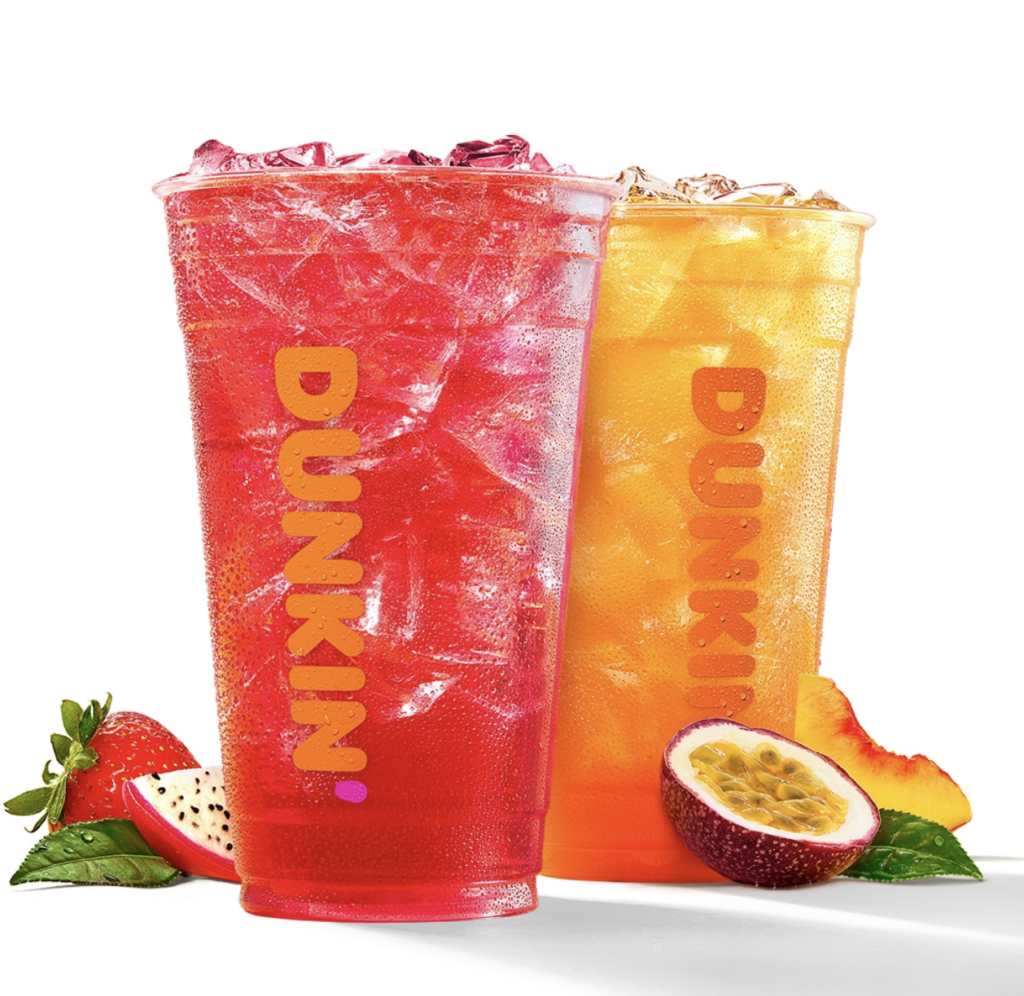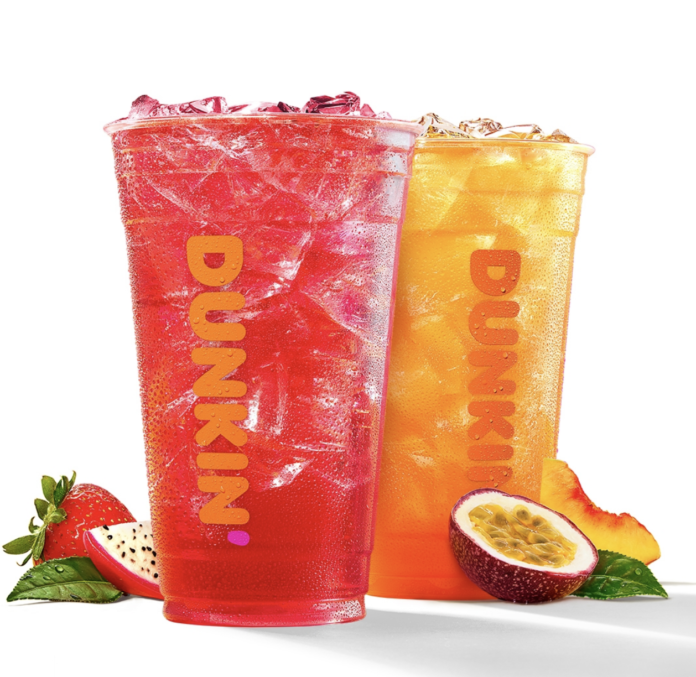
Dunkin’, previously known as Dunkin’ Donuts, is a brand well-known for its coffee and baked goods. As it continually evolves to keep up with consumer trends, Dunkin’ has started venturing into the world of energy drinks. This move has caught the eye of both energy drink enthusiasts and wary consumers alike. Let’s explore Dunkin’s entry into energy drinks and discuss their safety.
Dunkin’s Energy Drink Offerings
Dunkin’ has embraced the popular demand for an on-the-go energy boost by incorporating energy drinks into their menu. Unlike traditional energy drinks, Dunkin’s versions often mix a caffeinated beverage with shots of espresso or other energy-boosting ingredients. These drinks are aimed at providing a quick and convenient way to help people recharge during a busy day.
The Ingredients
The key to understanding the safety of any energy drink lies in its ingredients. Typically, energy drinks contain:
- Caffeine: The primary stimulant that’s responsible for the energy boost.
- Sugar: Often used for flavor and quick energy, although sugar-free versions exist.
- B Vitamins: Essential for energy metabolism in the body.
- Amino Acids: Such as taurine, which some brands claim can enhance physical performance and recovery.
- Herbal Extracts: Like ginseng and guarana, which are said to have natural energy-boosting properties.
Dunkin’s energy drinks might combine these with their signature coffee or other ingredients for a unique twist on traditional energy beverages.
Safety Concerns and Considerations
Consumers often wonder about the safety of energy drinks. Here are some points to consider:
Caffeine Content
The caffeine content in energy drinks can vary widely, and Dunkin’s offerings are no exception. High caffeine intake can lead to increased heart rate, anxiety, digestive issues, and difficulty sleeping. It is generally recommended that adults limit their caffeine consumption to no more than 400 milligrams per day. Before trying Dunkin’s energy drinks, check the caffeine content and consider how it fits into your daily limit.
Sugar Content
High sugar consumption can lead to a spike and crash in energy levels, not to mention added calories. For those watching their sugar intake, it’s essential to look at how much sugar is in a serving of Dunkin’s energy drinks and opt for sugar-free options if available.
Vitamins and Additional Ingredients
While B vitamins and amino acids are necessary for the body, the quantity added to energy drinks may exceed daily requirements. Excessive intake of certain vitamins, like niacin and vitamin B6, can potentially cause adverse health effects. Plus, additives such as taurine and herbal extracts often lack rigorous studies to back their safety and effectiveness, particularly in combination with high levels of caffeine.
Personal Health Factors
Individual health factors such as pre-existing heart conditions, sensitivity to caffeine, pregnancy, and age can all influence how safe an energy drink is for a person. Always consult with a healthcare professional if you have any concerns about including energy drinks in your diet.
Moderation and Mindfulness
As with any caffeinated products, moderation is key. Dunkin’s energy drinks can be part of a balanced diet when consumed responsibly. Paying close attention to your body’s reactions and staying informed about the ingredients you are ingesting will help ensure that you enjoy these beverages safely.
In conclusion, Dunkin’s venture into energy drinks meets the demands of those looking for a quick energy fix. While these drinks can be enjoyed safely by most people when consumed in moderation, it’s important to be aware of the ingredients and how they affect your health. Always prioritize personal well-being, and don’t hesitate to seek medical advice if you have any concerns about energy drinks and your health.

